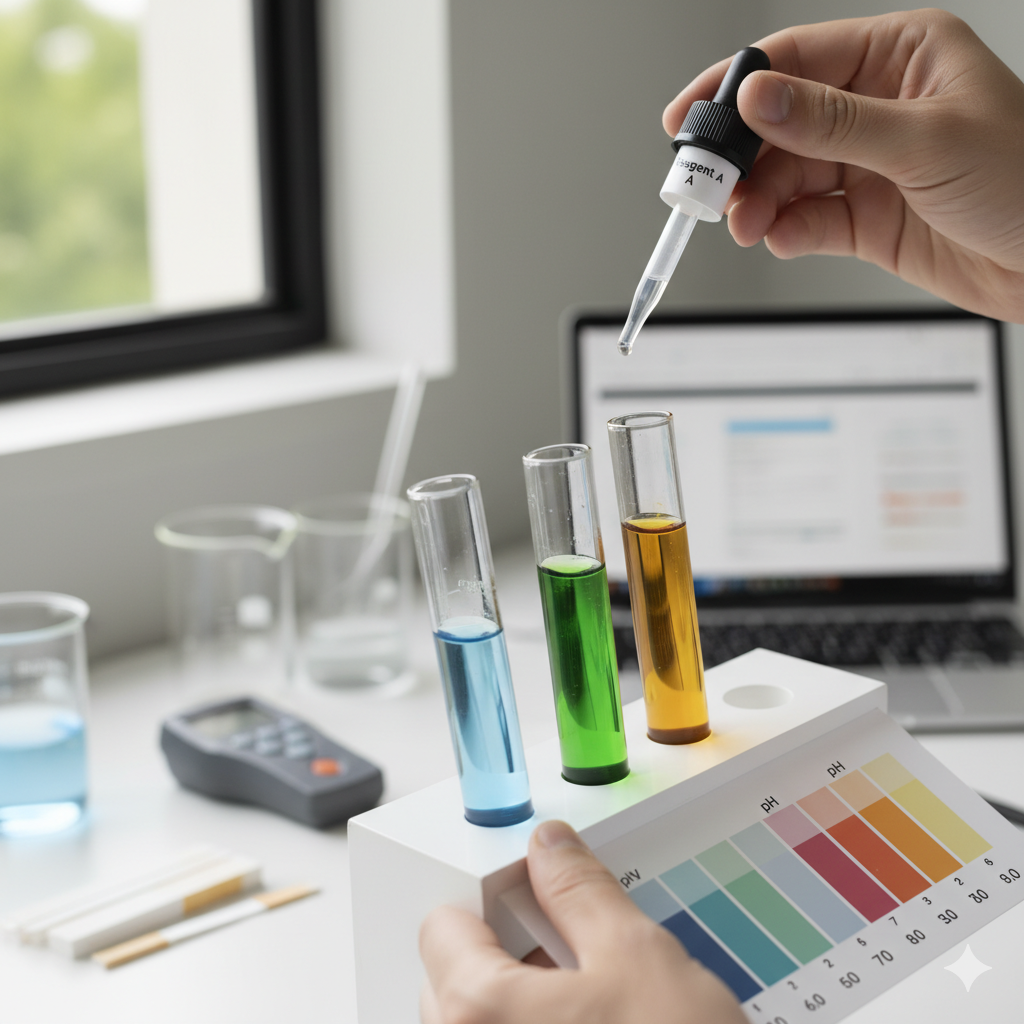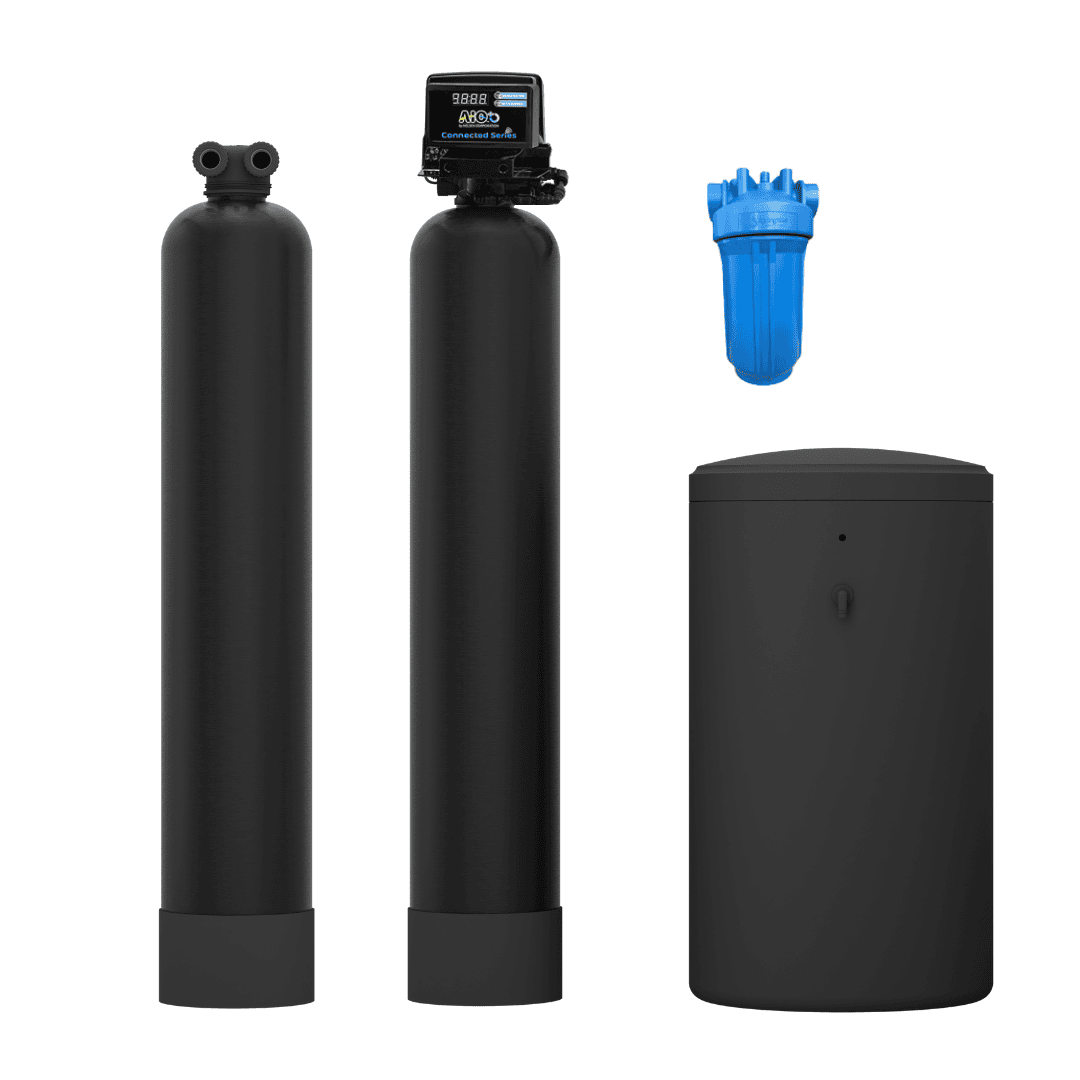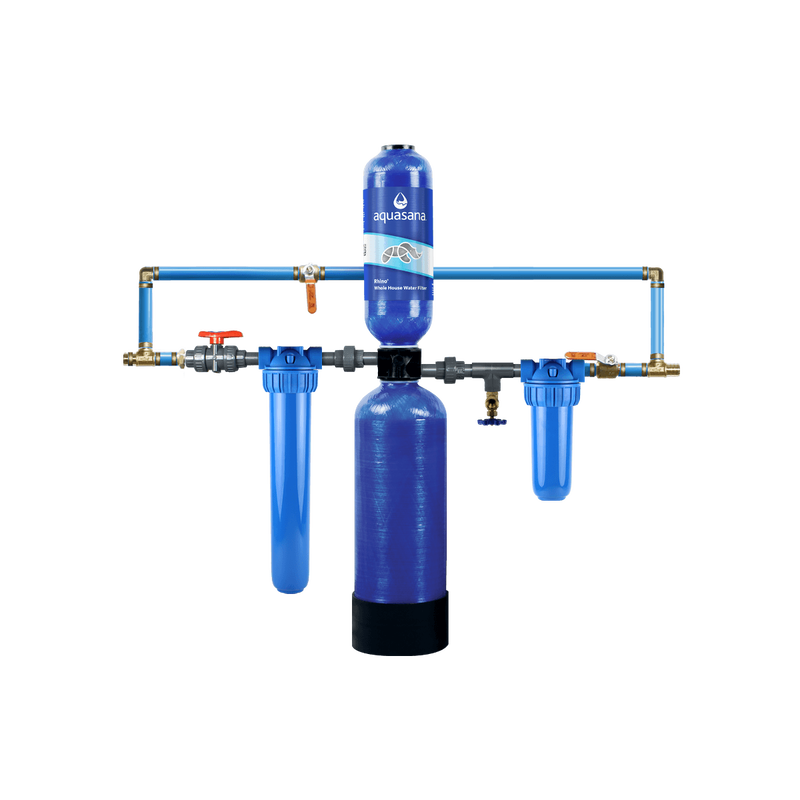Understanding Michigan's Water Sources
Michigan is renowned for its abundant water resources, including the Great Lakes and numerous rivers and streams. However, even with an abundance of water, ensuring its safety and quality remains a top priority. Michigan's unique geography, combined with various industrial activities, can impact water quality, making regular testing essential.
Common Contaminants in Michigan Water
Several contaminants can affect water quality in Michigan. Among the most concerning are lead, bacteria, nitrates, and PFAS (per- and polyfluoroalkyl substances). Lead contamination, in particular, has been a significant concern due to aging infrastructure and historic plumbing materials. Testing helps identify these contaminants early, allowing for timely intervention and remediation.
The Threat of PFAS
PFAS are synthetic chemicals found in various industrial and consumer products. In Michigan, these chemicals have been detected in several water supplies, raising health concerns. Regular testing for PFAS is crucial because these substances do not break down easily in water and can accumulate in the environment and human body over time, leading to potential health risks.
Protecting Public Health
Water testing is vital for protecting public health. Contaminated water can lead to a range of health issues, from gastrointestinal illnesses to more severe conditions like neurological disorders or developmental problems in children. By conducting regular water tests, residents and authorities can quickly address any potential threats to public health, ensuring safe drinking water for everyone.
Supporting Environmental Conservation
Beyond public health, water testing plays a significant role in supporting environmental conservation efforts. By understanding the quality of water in local ecosystems, conservationists can better protect aquatic life and maintain biodiversity. This is particularly important in Michigan, where the health of water bodies directly influences the well-being of wildlife and plants.
Compliance with Regulations
Water testing is also essential for ensuring compliance with state and federal regulations. In Michigan, the Department of Environment, Great Lakes, and Energy (EGLE) oversees water quality standards. Regular testing helps municipalities and private entities comply with these standards, avoiding legal repercussions and potential fines.
Empowering Homeowners with Knowledge
For homeowners, understanding the quality of their water supply empowers them to make informed decisions about water treatment solutions. Whether it's installing a water softener, filtration system, or other purification methods, knowing the specific contaminants present allows for targeted actions. This not only improves water quality but also protects household appliances and plumbing from potential damage caused by hard water or corrosive substances.
Choosing the Right Water Testing Services
Michigan residents have access to a variety of water testing services, from state-run programs to private companies. When selecting a service, it's crucial to consider factors such as the range of contaminants tested, the turnaround time for results, and the expertise of the testing personnel. Opting for a reputable service ensures accurate results and peace of mind.
In conclusion, water testing in Michigan is not just about ensuring safe drinking water; it encompasses public health, environmental conservation, regulatory compliance, and empowering individuals with crucial information. By prioritizing regular water testing, residents of Michigan can contribute to a safer and healthier environment for themselves and future generations.




Comments